Growing onions can be a challenge, but with the right tips and tricks, it becomes much easier. Onions are an incredibly versatile vegetable that adds great flavour to many recipes, plus they’re easy to store for long periods of time.
If you’re looking for a fun project that will teach you how to grow your own food at home, consider growing onions from bulbs!
In this blog post, we’ll discuss top tips for growing onions from bulbs in your home garden and provide advice on harvesting and storage techniques too. Read on to learn how you can easily grow delicious onions in the comfort of your own backyard!
Can You Grow Another Onion From an Onion Bulb?
Yes, it is possible to grow new onions from the bulbs of existing onions. This process is called propagation and can be done by planting a piece of an onion bulb in warm soil.
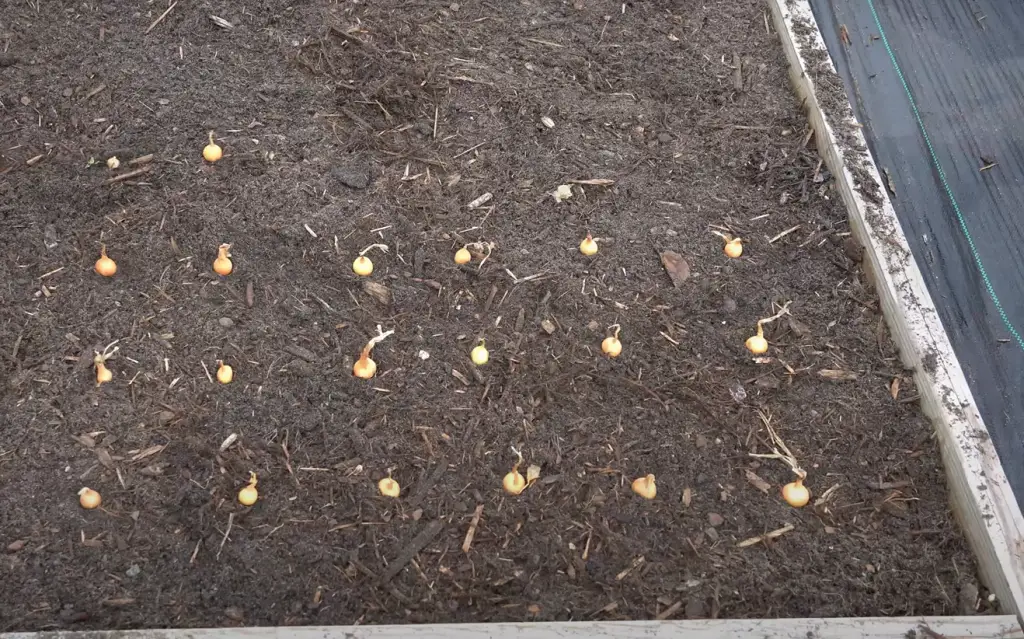
This method of propagation is advantageous because it allows you to save money on buying new seeds and also ensures that your harvest stays consistent in terms of size, flavour and texture.
When to Plant Onion Bulbs?
Onion bulbs should be planted in early spring when the soil is still cool, but warm enough to let them germinate. Depending on your climate and location, this time period could vary between late February and early April.
Once the onion bulbs are planted, they need to be covered with about an inch of soil and watered regularly for optimal growth.
Before You Begin
Before you begin planting onion bulbs, there are a few things you should know. First and foremost, make sure to purchase onion bulbs that have not been treated with any chemicals or pesticides.
Also, it is important to note that the larger the bulb size, the heavier the yield will be. Therefore, when selecting your onion bulbs for planting, it is best to choose larger bulbs.
How to Grow Onions From Bulbs?
Equipment / Tools
Garden hoe
Before you start planting your onion bulbs, it is important to prepare the soil for planting. To do this, use a garden hoe to turn the soil and remove any debris or weeds from the area.
This will ensure that your onions have enough space to grow without being crowded by other plants or roots.
Gloves
When planting onions, it is important to wear gloves as the strong smell of onions can irritate your hands.
Materials
Onion bulbs/sets
Your onion bulbs need to be the right size for planting in order to get a good yield. If you’re buying them online, make sure to read through the description carefully and only purchase bulbs/sets that are suitable for your climate.
Aged compost
When planting onions, be sure to add some aged compost to the soil. This will help with nutrient absorption and promote healthy root growth.
10-10-10 Fertiliser
To ensure that your onions have enough food to thrive, add a small amount of 10-10-10 fertiliser to the soil.
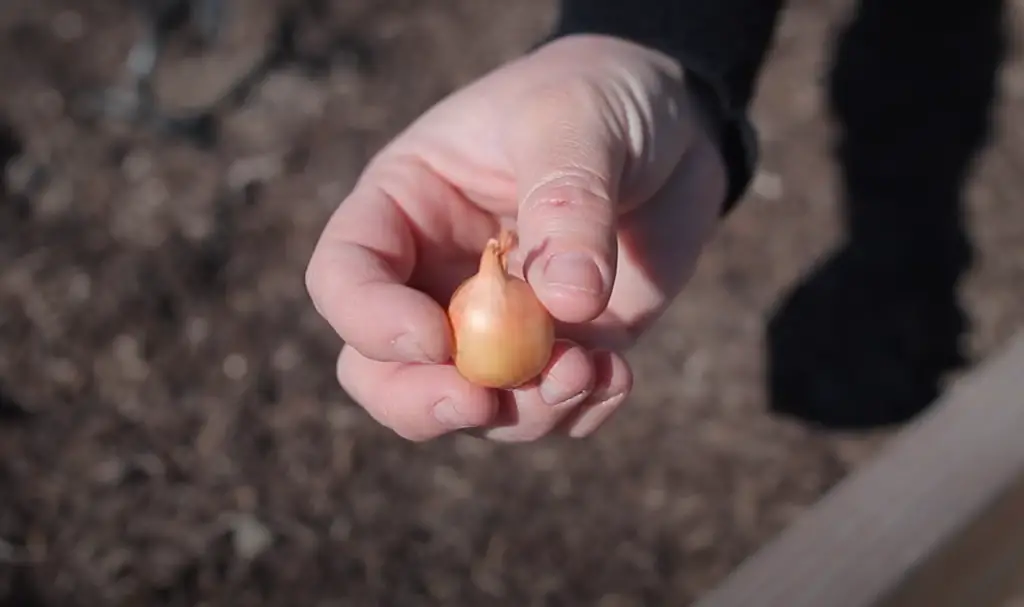
This type of fertiliser is perfect for vegetables and will help them to produce bigger bulbs and better yields.
Bone meal and blood meal
Bone meal and blood meal are great additions to the soil when planting onions. These natural fertilisers will provide your onion bulbs with essential nutrients to help them grow strong and healthy.
Large pot/s
If you’re growing onions in a pot or sack, make sure that it is large enough to accommodate the roots of the onion bulbs. The larger the pot, the better results you will get as more air and water can circulate around the roots and promote healthy growth.
Potting soil
When planting onions in a pot or sack, make sure to use good-quality potting soil. This type of soil is specially formulated for container gardening and will provide your onion bulbs with the nutrients they need to thrive.
Alternatively, you can use aged compost mixed with some sand to create a nutritious, low-cost growing medium.
Straw, grass clippings, and pine needles
When planting onions, make sure to add a layer of straw, grass clippings or pine needles on top of the soil. This will help protect the bulbs against extreme temperatures and also helps to retain moisture in the soil.
It is best to use organic materials as they will provide your onion bulbs with additional nutrients and minerals to promote healthy growth.
Row cover (optional)
If you’re planting onions in an open garden, it is advisable to use row covers to protect the plants from harsh weather conditions. Row covers help to keep temperatures moderate and also block out the sun’s UV rays, which can damage delicate onion bulbs.
Instructions
Select Onion Bulbs to Plant
Once you have all the necessary materials ready, it is time to start planting your onion bulbs. Begin by selecting the onion bulbs that are right for your climate and soil type. If possible, choose larger bulbs as they tend to yield better results.
Prepare the Planting Site
Once you’ve chosen the right onion bulbs, it is time to prepare the planting site. Use a garden hoe to turn the soil and remove any rocks or debris from the area.
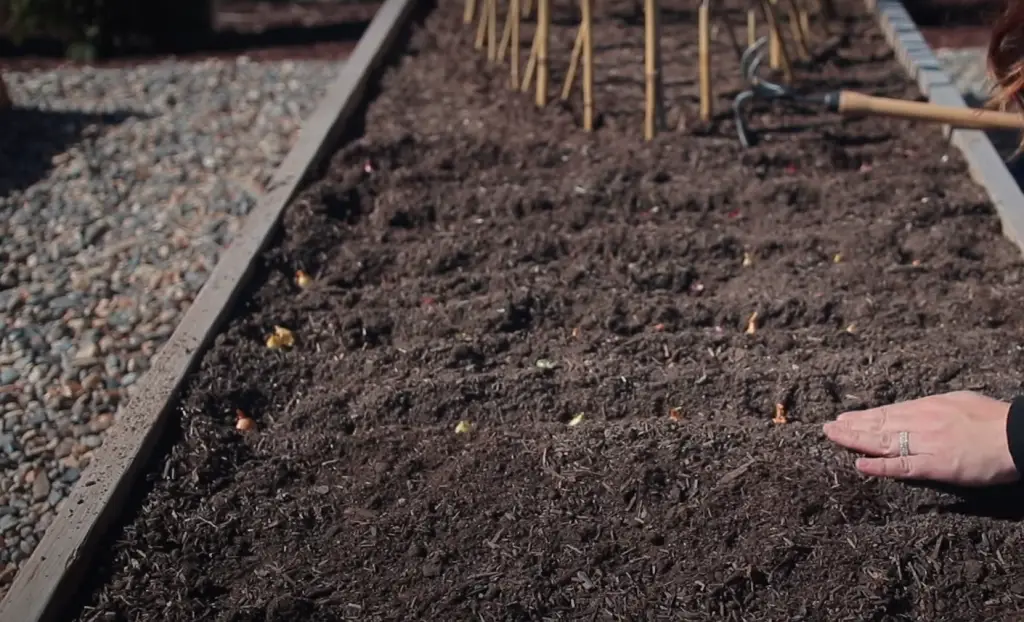
Next, add aged compost to the soil and mix it well to provide your onions with essential nutrients for healthy growth.
Soak the Bulbs (Optional)
If you have the time, it is recommended to soak the onion bulbs in water for around 12-24 hours before planting. This will help them absorb more moisture and nutrients from the soil and promote strong root growth.
Place the Bulbs
Once the soil has been prepared, it is time to place the onion bulbs in the ground.
Set the Bulbs and Cover
Once the soil is ready, it’s time to start planting. Place the onion bulbs in the ground and cover them lightly with about an inch of soil. Make sure to keep enough space between each bulb for optimal growth.
Water Gently and Mulch
Once the onion bulbs are planted, water them gently with a garden hose. This will help to settle the soil around the bulbs and promote good root growth.
Additionally, you can also add some mulch around each bulb for extra protection against extreme temperatures and weed growth.
Maintenance and Care
Once your onion bulbs have been planted, the most important thing is to make sure that they receive enough water and sunlight. Water your onion plants regularly and give them at least 8 hours of direct sunlight each day for optimal growth.
Additionally, be sure to weed any unwanted plants or pests from the area. This will help promote healthy growth and a larger yield.
Should I Grow Onions from Seed or from Sets?
While it is possible to grow onions from seeds, it is much easier and faster to grow them from sets or bulbs. Seeds take a longer time to mature and may not produce the best yields, whereas sets/bulbs are ready to plant right away and usually produce better results.
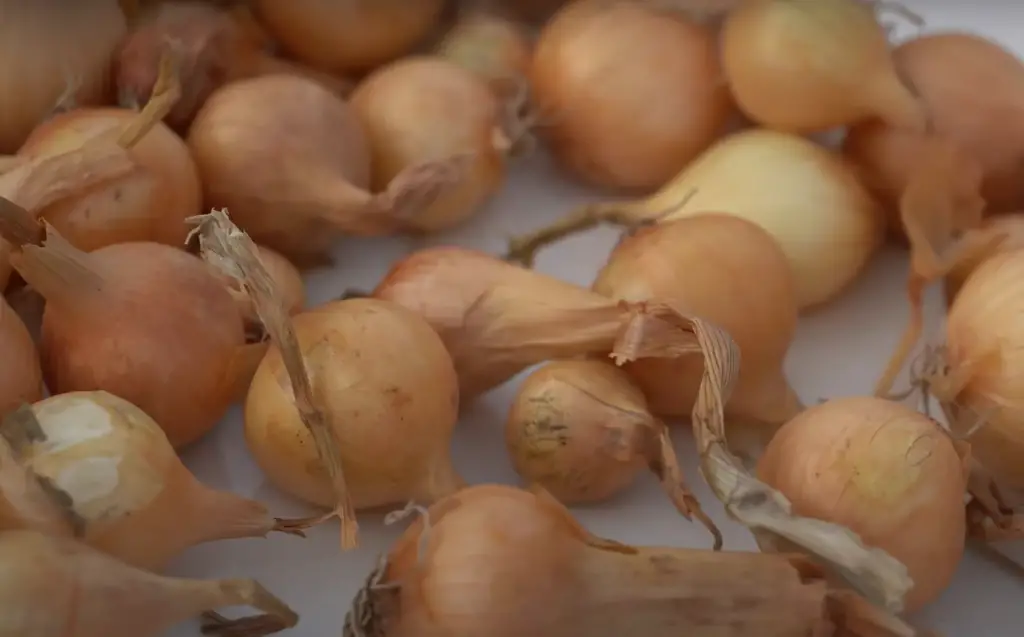
However, if you’re looking for a more unique variety of onions, then growing from seed may be the best option.
FAQ
How long do onions take to grow from bulbs?
Onion bulbs typically take around 8-10 weeks to mature. However, this can vary depending on the variety and climate.
Do onions need full sun?
Yes, onions need at least 8 hours of direct sunlight each day in order to grow healthy and strong. If possible, try to plant them in an area that receives full sun.
Can I grow onions indoors?
Yes, you can grow onions indoors in a pot or container. However, they will require more frequent watering and may not produce as large a yield as outdoor-grown onions.
How do you grow onions from onion bulbs?
To grow onions from bulbs, first, select the right variety for your climate and soil type. Then prepare a planting site by mixing aged compost with some sand and turn the soil with a garden hoe to remove any rocks or debris.
Next, soak the onion bulbs in water for 12-24 hours before planting and place them evenly in the ground.
Cover each one with an inch of soil and water gently with a garden hose. Finally, give the onions at least 8 hours of direct sunlight each day and weed any unwanted pests from the area. This will promote healthy growth and larger yields.
Can I grow onions in containers?
Yes, you can grow onions in containers or pots as long as the pot is large enough to accommodate the roots of the onion bulbs. Make sure to use good-quality potting soil for best results and add a layer of straw, grass clippings or pine needles on top of the soil to protect against extreme temperatures.
This will promote healthy growth and a larger yield.Can you grow onions from onions?
Yes, you can grow onions from an onion. It is best to use a larger onion for this purpose as it will yield better results. Begin by slicing off the root end of the onion and planting it in a pot filled with good-quality potting soil. Place the pot in an area that receives at least 8 hours of direct sunlight each day and water it regularly. The onion will begin to grow new shoots and can be harvested when it has matured.
How many onions do you get from one bulb?
The number of onions you get from one bulb will vary depending on the variety and size of the onion.
Generally, a large bulb can produce up to 6-8 onions while smaller bulbs will yield fewer. Additionally, if the soil is fertile and well-drained, you may be able to harvest even more!
Can I plant a whole onion?
Yes, you can plant a whole onion as long as it is large enough to accommodate the roots of the onion bulb.
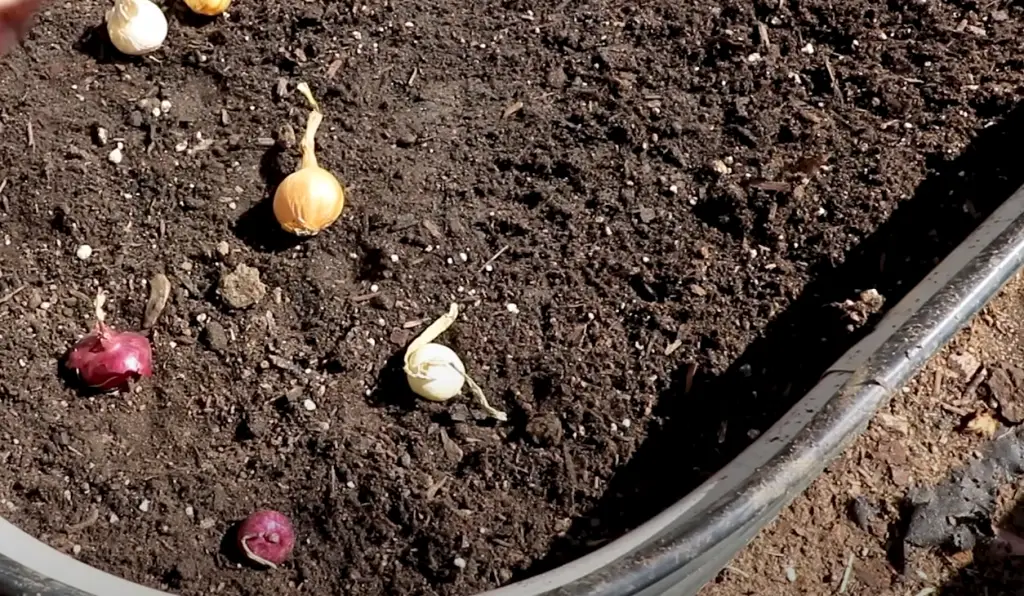
Make sure to place it in an area that receives at least 8 hours of direct sunlight each day and water it regularly. The onion will begin to grow new shoots and can be harvested when it has matured.
Will onions grow if we cut roots?
No, onions will not grow if you cut the root. The root is necessary for proper growth and cannot be replaced. If you do cut off the root, the onion may still be edible but it won’t produce any new shoots or leaves.
How deep should I plant onion bulbs?
Onion bulbs should be planted about 1-2 inches deep into the soil. Make sure to keep enough space between each bulb for optimal growth and cover them with an inch of soil.
Additionally, be sure to water your onion bulbs regularly and give them at least 8 hours of direct sunlight each day for best results.
Can onions be planted in containers?
Yes, onions can be planted in containers as long as the pot is large enough to accommodate the roots of the onion bulb. Make sure to use good-quality potting soil for best results and add a layer of straw, grass clippings or pine needles on top of the soil to protect against extreme temperatures.
Additionally, water your onions regularly and give them at least 8 hours of direct sunlight each day. This will promote healthy growth and a larger yield.
What is the best temperature for growing onions?
Onions prefer temperatures between 45-75°F (7-24°C). Any temperatures above or below this range can cause the onions to become stunted and not grow as well.
Additionally, be sure to provide ample water and 8 hours of direct sunlight each day in order to promote healthy growth.
What is the best fertiliser for onions?
The best fertiliser for onions is aged compost or a balanced fertiliser with a 10-10-10 NPK ratio. If you’re using store-bought fertiliser, make sure to follow the directions carefully as over-fertilizing can damage your onion plants.
Additionally, be sure to give your onions at least 8 hours of direct sunlight each day and water them regularly. With the right care, you can expect to harvest a large yield of onions in 8-10 weeks.
What pests can cause damage to onions?
A number of pests such as aphids, thrips and onion maggots can cause damage to onion plants. Additionally, some types of fungi and bacteria may also infect the plants if left untreated.
To prevent any pest or disease related issues it’s important to practise good cultural practices such as rotating crops, wedding regularly and providing ample water and sun.
Additionally, you may also want to consider using natural pest control methods such as companion planting or beneficial insects. By taking these steps you can ensure the health of your onion plants and a larger harvest.
What is the best variety for growing onions?
The best variety for growing onions depends on your climate and soil type. Generally, yellow onions are best for beginners as they are easy to grow and produce a large yield.
Additionally, other popular varieties such as white or red onions can also be grown successfully in most areas. When selecting an onion variety, it’s important to do your research first and choose one that will thrive in your specific climate and soil type.
How can I save onion seeds for the next season?
Saving onion seeds for the next season is a relatively easy process. Once your onions have fully matured, you can dig up their bulbs and remove the seed heads. Place them in a dry location and allow them to completely dry out before storing them in an airtight container or bag.
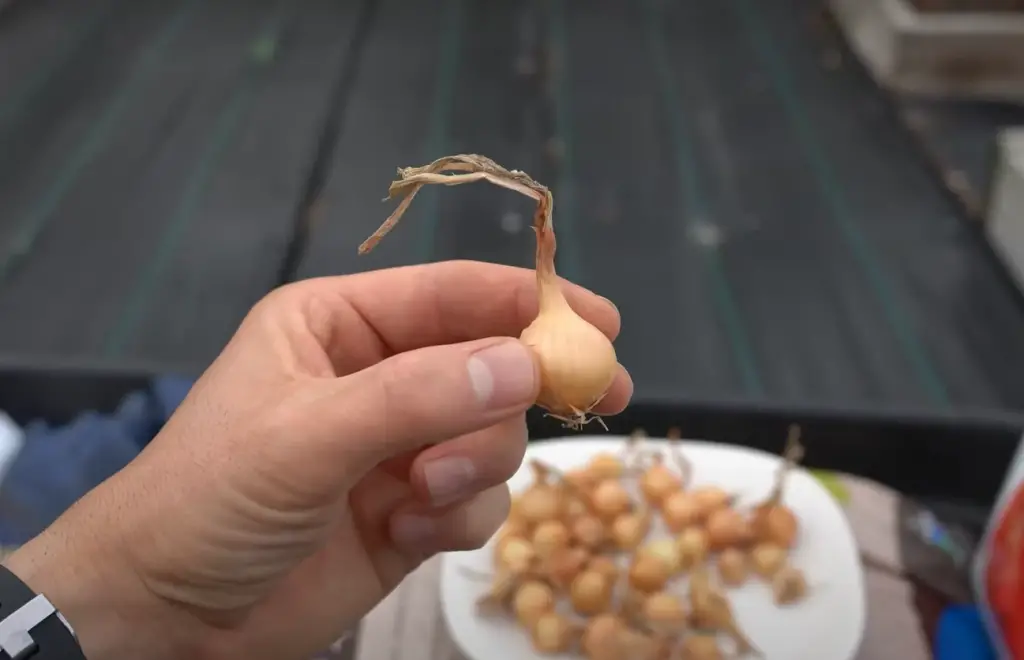
Then, when it’s time to plant, you can simply replant the seeds in your garden or container. With proper care and maintenance, you should be able to harvest a large crop of onions from the same seed!
Can I grow onions indoors?
Yes, you can grow onions indoors as long as they receive at least 8 hours of direct sunlight each day. Begin by selecting a pot that is at least 12 inches in diameter and fill it with good-quality potting soil.
Then, plant your onion seeds or bulbs about an inch deep into the soil and water them regularly to keep the soil moist. Additionally, be sure to provide adequate airflow to prevent fungal diseases from occurring.
How do I harvest onions?
When it comes time to harvest your onions, you should wait until the top of the onion bulbs begin to yellow. Then, carefully dig up each bulb and remove any excess soil from them. You can then store them in a cool, dry place for up to several months or use them right away in recipes!
Additionally, if you want to save the onion seeds for next year, be sure to remove the seed heads before storing them. With proper care and maintenance, you can reap a large harvest of delicious onions from your garden or container!
How do I store onions?
Onions should be stored in a cool, dry place – ideally between 35-45°F (2-7°C). Make sure to begin moving any excess dirt before storing them as this can cause the onions to spoil faster.
Additionally, you may also want to consider wrapping the bulbs in newspaper and placing them in a mesh bag or ventilated container.
This will help to keep them dry and fresh for longer periods of time. With the right care, you can expect your onions to last up to several months stored this way!
Does planting onions in late spring or early summer yield a larger harvest?
Yes, planting onions in late spring or early summer will yield a larger harvest than if they were planted in the fall. This is because onion bulbs require warmer temperatures and more sun to grow and produce their edible bulbs.
Additionally, since onions require up to 10 weeks of growth before they are ready for harvesting, planting them in the spring or summer will allow them enough time to reach their full size.
With adequate care and maintenance, you can expect to harvest a large crop of onions when planted this way!
Can I grow onions year-round?
Yes, it is possible to grow onions year-round with the right knowledge and setup. Depending on your climate, you may be able to grow onions outdoors year-round or you may need to use a greenhouse or indoor setup.
If growing indoors, you will need to make sure that the temperature is kept within the ideal range of 45-75°F (7-24°C) and provide ample light for at least 8 hours each day.
Additionally, it’s important to practise good cultural practices such as rotating crops and providing adequate water and fertiliser.
Do I need to thin out my onion plants?
Yes, it is important to thin out your onion plants in order to promote healthy growth. When the onions are about 2 inches tall and have four or five sets of leaves, you should thin them out so that each bulb has 4-6 inches of space between them.
This will allow for adequate airflow and enough room for the onions to reach their full size. Additionally, it’s important to weed regularly as onion plants are very sensitive to competition from weeds. With proper care and maintenance, you can ensure a healthy crop of onions!
Can I use compost or manure on my onions?
Yes, you can use either compost or manure on your onion plants if desired. However, it’s important to use these organic amendments in moderation as too much can lead to an excessive growth of foliage at the expense of bulb production.
Additionally, you should always make sure that the compost or manure is completely broken down before using it and that it doesn’t contain any weed seeds.
Useful Video: Planting Onion Bulbs: A Complete Guide From Start To Finish
Conclusion
Growing onions from bulbs is a great way to start your own garden! With just a little bit of effort, you can have a variety of different onions growing in no time. Having your own onion supply can come in useful for many dishes and recipes in the kitchen, as well as being able to last longer than store-bought onions.
Plus, their gorgeous colours and tasty flavour make them an excellent addition to every kitchen garden. No matter what the skill level, size space or type of onion desired, growing onions from bulbs is easy and rewarding.
Of course, always do your research first about the best methods for each species of onion plant grown so that you can have success with this activity. So don’t wait any longer—go out and plant those bulbs!
References:
- https://www.thespruce.com/how-to-plant-onion-bulbs-7253968
- https://www.almanac.com/plant/onions





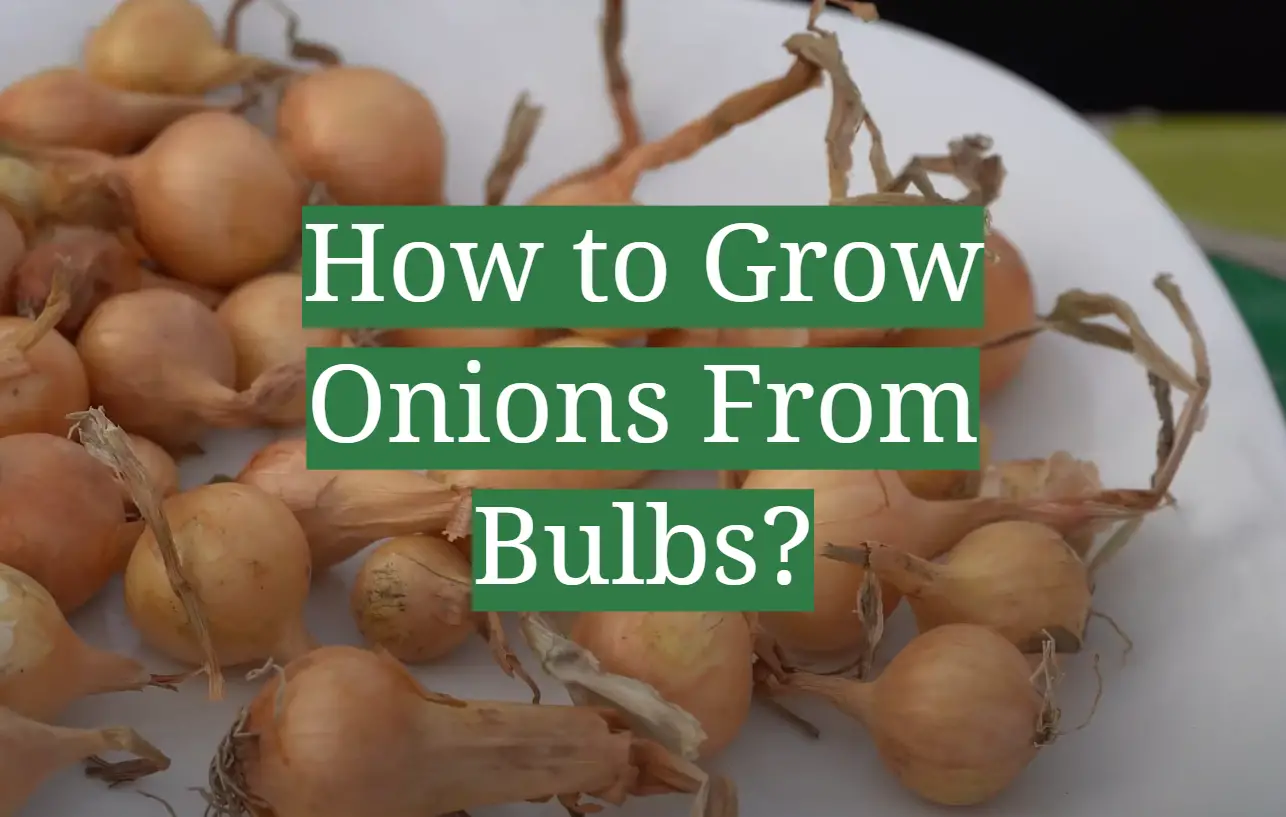
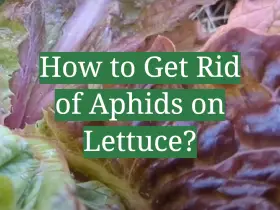
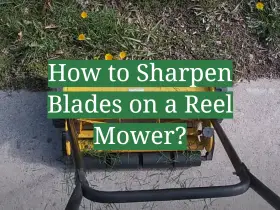
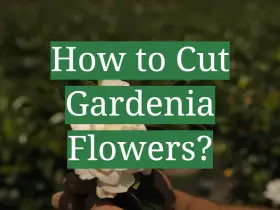

Leave a Reply
View Comments